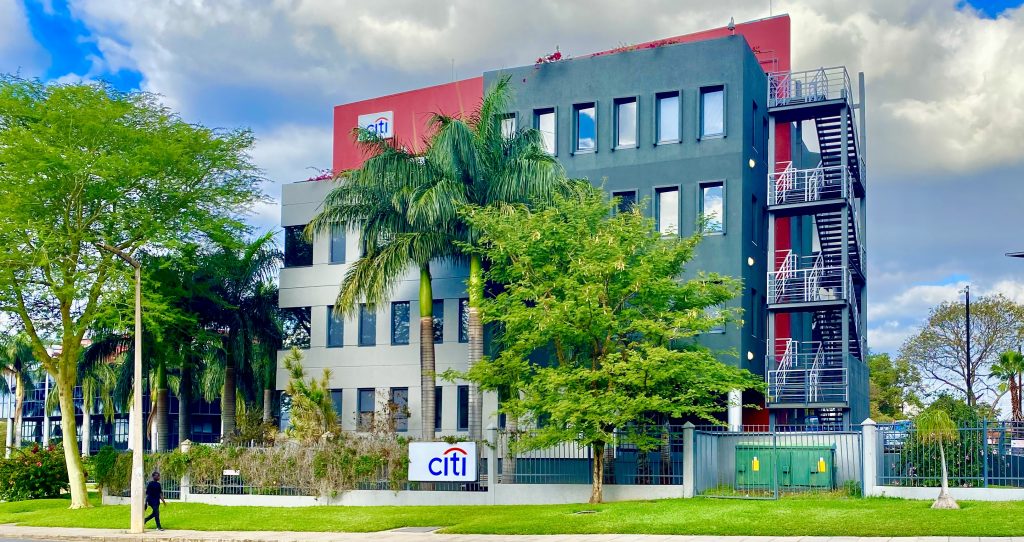Citibank Zambia’s first quarter headline earnings sagged 25.0% to K67 million compared to a year ago. Well known for its corporate banking brand and stellar transactional processing services, Citi’s financial performance is an autopsy of cautious balance sheet extension (lending) approach especially at a time of waning sovereign posture as the US bank sought to manage its risk appetite. Clad with sovereign default on dollar bond coupons, triggering adverse rating downgrades in a pandemic risk era, Zambia’s business pulse was generally suppressed in 2020.
Interest income ebbed 54% as advances and interest rate trading lines sagged while on the contrary non interest earnings outperformed by 90.0% supported by some healthy fees and foreign exchange trading margins. The fee income is expected given the nature of trade solution products the lender offers in addition to efficiencies in transaction processing and cash handling business. Other drivers of margin where credit provision write backs. Traditionally, Citibanks impairment stock has always been lean as reflection of very cautious lending as the lender runs an airtight model.
Despite trimming its interest expenses by a significant 61.0%, non interest expenses where twice as high compared to a year ago which thereby contributed to margin erosion leading to a slow down in after tax earnings to K6.1 million (7x lower than a year ago).
Citibank had a key appointment in the C-suite when Lowani Chibesakunda an astute corporate banker was named first female Chief Executive Officer for the lender and will be expected to drive performance harder in an environment studded with rising country risks.
With Zambia on the cusp of an IMF deal, a precursor to debt restructure, rising copper price forecasts on the London Metal Exchange – LME, the red metal producers outlook seems cautiously bright and could signal economy recovery which Citibank could take a cue from.
The Kwacha Arbitrageur

